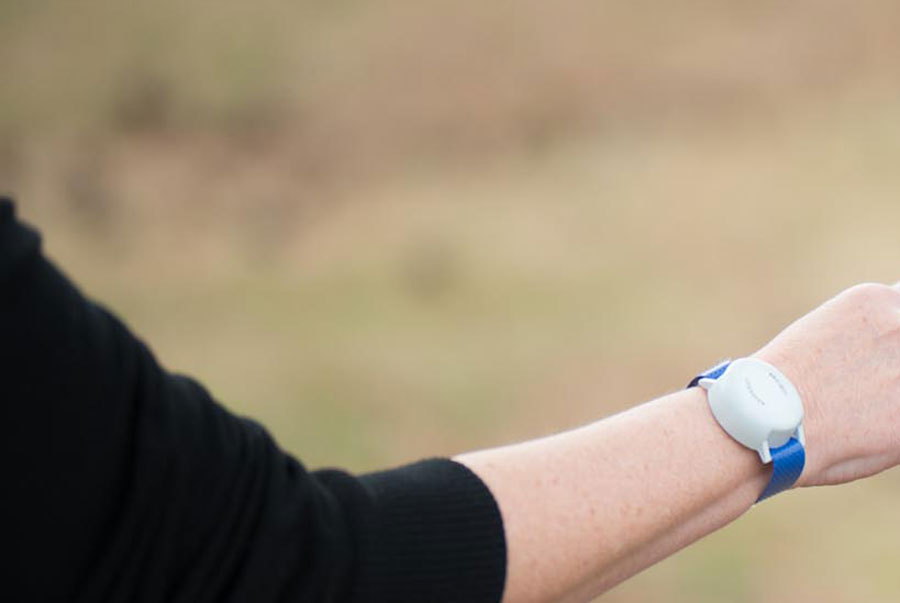Greater Sudbury, a city in Ontario, Canada, is turning to wearable technology to search and find missing people, especially those with Alzheimer’s disease and autism.
Project Lifesaver is an international search and rescue program that uses technology to find people who are prone to wandering, such as those with Alzheimer’s or autism. The program uses wearable radio frequency technology in a wrist-worn device to track people who may become lost and not know how to get home, reports CBC, Canada.
For the program, Sudbury police have partnered with the Alzheimer Society of Sudbury Manitoulin North Bay & Districts, Autism Ontario Sudbury & District, Down Syndrome Association of Sudbury and North Shore Search and Rescue to offer the program locally.
Read more Run Angel – Personal Safety Wearable Designed to Keep Women Safe
Eric Gosselin, the Missing/Vulnerable Person Coordinator for Sudbury police, calls the Project Lifesaver program a “caregiver driven” program.
This is how it works; caregivers of vulnerable people work with a local agency and signs up for the program. The vulnerable person is then outfitted with a special bracelet.
The transmitter in the bracelet emits a specific radio frequency, which can be accessed by the police, and if the person is reported missing, the police coordinate a rescue mission.

“We install the bracelet, we sign up the person on vulnerable person registry, here at the Greater Sudbury Police Service, and then that way their information is stored securely,” Gosselin explained.
So far, six people have registered through the project in Sudbury, and the program is also available in Sault Ste Marie, the Espanola area and southern Ontario.
Gosselin said the technology provides caregivers peace of mind, and added that it takes 30 minutes on an average to search through this technology.
Read more This Therapy Robot Helps Children with Autism by Teaching Them Social Skills
“In the event that their vulnerable family member does wander away, they know … that it won’t be one of those standard two-day searches,” he said. He also said they are encouraging more people to sign up.
The program is cheap, costing only $240 annually. The money goes towards battery replacement and buying more bracelets in the future, according to CBC.









